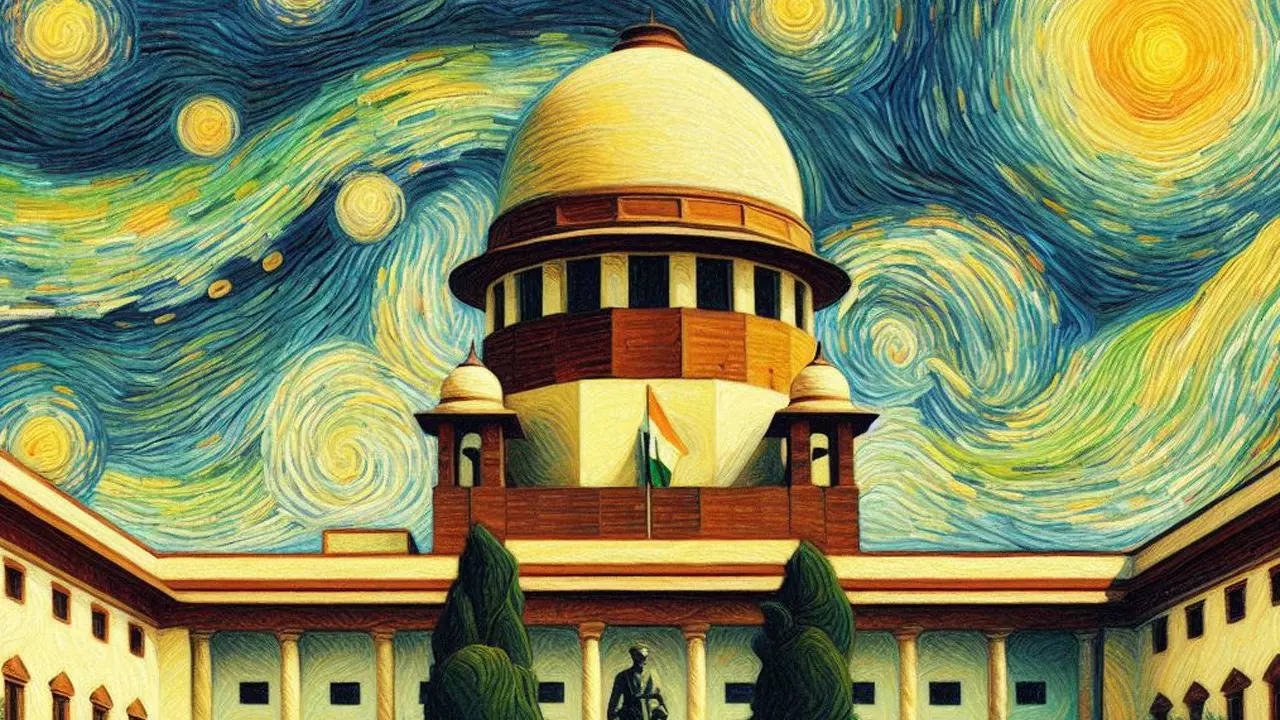NEW DELHI: The Supreme Court on Wednesday criticised Enforcement Directorate (ED) for denying default bail to accused individuals by continuously filing supplementary chargesheets and extending investigations, thus keeping them in jail indefinitely.
A bench comprising Justices Sanjiv Khanna and Dipankar Datta expressed dismay over the ED’s strategy of prolonging investigations indefinitely, resulting in the detention of accused persons without trial, according to Bar and Bench.
The observations were made during the hearing of a bail plea filed by Prem Prakash in connection with an illegal mining case.
Here are the court observations:
- According to the Code of Criminal Procedure (CrPC), a person arrested for an offense is entitled to default bail if the investigating authorities fail to complete the investigation or submit a chargesheet within the specified timeline, typically 60 or 90 days. However, ED often files supplementary chargesheets to circumvent default bail, even if the investigation remains unfinished.
- “The whole object of default bail is that you do not arrest until investigation is complete. You cannot say trial will not commence unless investigation is not complete. You cannot keep on filing supplementary chargesheet and the person is in jail without trial. In this case, the person is behind bars for 18 months. This is bothering us. In some case we will take it up and we are putting you to notice in that. Trial has to be begin when you arrest an accused,” Justice Khanna told Additional Solicitor General (ASG) SV Raju who was appearing for the ED.
- Prakash, allegedly an associate of former
Jharkhand chief minister Hemant Soren, is accused of involvement in illegal mining and money laundering activities. Jharkhand high court had denied him bail in January 2023, prompting his appeal to SC. - During the proceedings, the bench noted that Prakash had been in custody for 18 months, indicating a strong case for bail. The Court scheduled further hearings for April 29 to determine whether interim bail should be granted and instructed ED to address legal issues raised.
